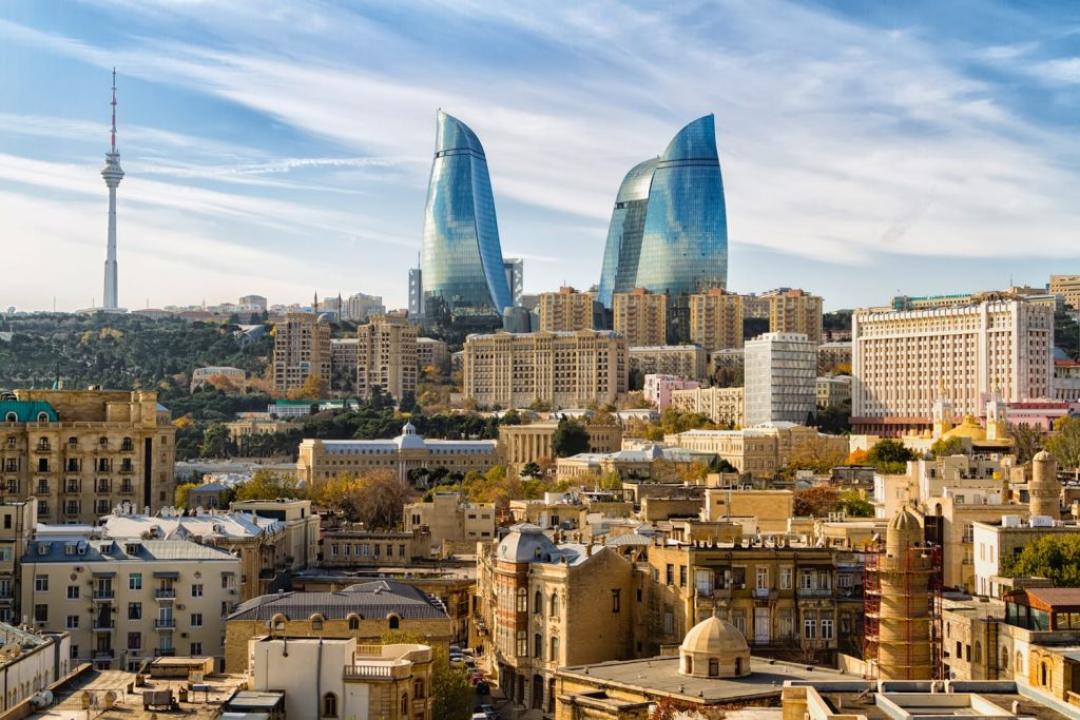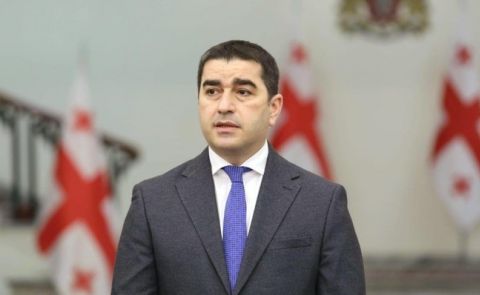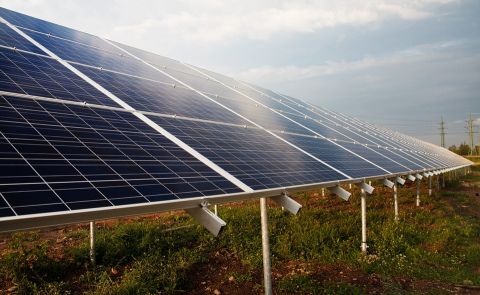
US State Department on the investment climate in Azerbaijan

On 9 September, the US Department of State published its Investment Climate report for 2020, providing country-specific information on the business climates of more than 170 countries and economies. In its report on Azerbaijan, the State Department noted that the country’s government had in recent years undertaken a set of measures to improve the business climate in the country, but obstacles still remain such as structural reforms to diversify Azerbaijan’s economy and judicial issues related to US enterprises and corruption.
The report stated that over the past few years, Azerbaijan’s government has sought to attract foreign investment, undertake reforms to diversify its economy and stimulate private sector-led growth. However, the Azerbaijani economy remains heavily dependent on oil and gas output, which account for roughly 90 percent of export revenue and over half of the state budget. While the oil and gas sector has historically attracted the largest amount of foreign investment, the Azerbaijani government has targeted four non-oil sectors to diversify the economy: agriculture, tourism, information and communications technology (ICT) and transportation. Measures taken in recent years to improve the business climate and reform the overall economy include eliminating redundant business license categories, empowering the popular “ASAN” government service centres with licensing authority, simplifying customs procedures, suspending certain business inspections and reforming the tax regime.
According to the report, progress remains slow on structural reforms required to create a diversified and competitive private sector, and corruption remains a major challenge for firms operating in Azerbaijan. A small group of government-connected holding companies dominate the economy, enforcement of intellectual property rights is insufficient and judicial transparency is lacking.
Foreign investments enjoy complete and unreserved legal protection under the Law on the Protection of Foreign Investment, the Law on Investment Activity and guarantees contained within international agreements and treaties. In accordance with these laws, Azerbaijan will treat foreign investors, including foreign partners in joint ventures, in a manner no less favourable than the treatment accorded to national investors. Azerbaijan’s Law on the Protection of Foreign Investments protects foreign investors against nationalisation and requisition, except under specific circumstances. Private entities may freely establish, acquire, and dispose of interests in business enterprises. Foreign citizens, organizations, and enterprises may lease, but not own, land. The Azerbaijani government has not shown any pattern of discriminating against US persons or entities through illegal expropriation.
It was noted that several US companies with operations and investments in Azerbaijan previously reported they had been subject to repeated tax audits, requests for prepayment of taxes and court-imposed fines for tax code violations, but these allegations have markedly decreased since 2017. However, businesses reported problems with the reliability and independence of judicial processes in Azerbaijan. While the government promotes foreign investment and the law guarantees national treatment, in practice investment disputes can arise when a foreign investor or trader’s success threatens well-connected or favoured local interests. The US business community in the country has complained about inconsistent application of regulations and opaque decision-making.
Corruption was also marked as a major challenge for firms operating in Azerbaijan and is a barrier to foreign investment, despite government efforts to reduce low-level corruption. Azerbaijan does not require that private companies establish internal codes of conduct to prohibit bribery of public officials, nor does it provide protections to NGOs involved in investigating corruption. US firms have identified corruption in government procurement, licensing, dispute settlement, regulation, customs and taxation as significant obstacles to investment. The report stated that the Azerbaijani government publicly acknowledges problems with corruption and has made progress in combating it in public services delivery. However, the government has not effectively nor consistently enforced anti-corruption laws nor regulations in the civil service, public procurement apparatus and the judiciary.
See Also


Kobakhidze Meets US Senator Daines to Discuss Bilateral Relations

Georgian Speaker Condemns Embassy Travel Warnings as Economic Attack

Political Crisis Deepens Between Armenian Government and Apostolic Church After Pashinyan’s Remarks

Ramzan Kadyrov Awards Title to Ingush Businessman

